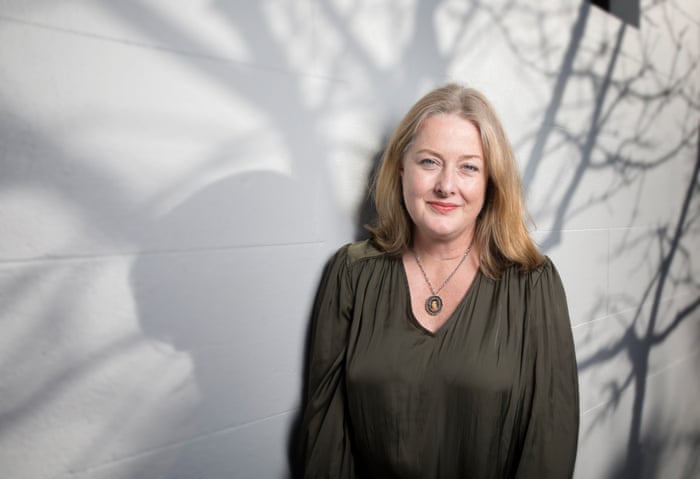Independent private schools have long been subject to various stereotypes and myths that have often clouded the public's perception of these educational institutions. However, it is important to debunk these misconceptions and shed light on the true nature of independent private schools. By breaking these stereotypes, we can gain a better understanding of the benefits and opportunities that these schools offer to students.
One common myth about the best independent private schools is that they are only for the wealthy elite. While it is true that some independent private schools have high tuition fees, many of these schools offer financial aid and scholarships to ensure that students from diverse socio-economic backgrounds have access to a quality education. In fact, independent private schools often prioritize diversity and inclusivity, welcoming students from all walks of life.
Another misconception about independent private schools is that they only focus on academics and neglect extracurricular activities. In reality, independent private schools often offer a wide range of extracurricular programs, including sports, arts, music, and community service. These schools understand the importance of a well-rounded education and provide opportunities for students to explore their interests and talents outside of the classroom.
Furthermore, independent private schools are often perceived as being elitist and exclusive, with a focus on creating a competitive environment among students. However, many independent private schools prioritize collaboration over competition, fostering a supportive and nurturing community where students can thrive academically and personally. These schools often have smaller class sizes, allowing for personalized attention and mentorship from teachers.
It is also a common misconception that independent private schools do not prioritize diversity and inclusion. In reality, many independent private schools actively work towards creating a diverse and inclusive community, recognizing the value of different perspectives and backgrounds. These schools often have initiatives in place to promote diversity, equity, and inclusion, ensuring that all students feel welcome and supported.
Lastly, there is a misconception that independent private schools lack accountability and oversight, leading to concerns about transparency and quality of education. However, many independent private schools are accredited by recognized organizations and adhere to strict standards of excellence. These schools are committed to providing a high-quality education and are held accountable by accreditation bodies, ensuring that they meet rigorous academic and operational standards.


